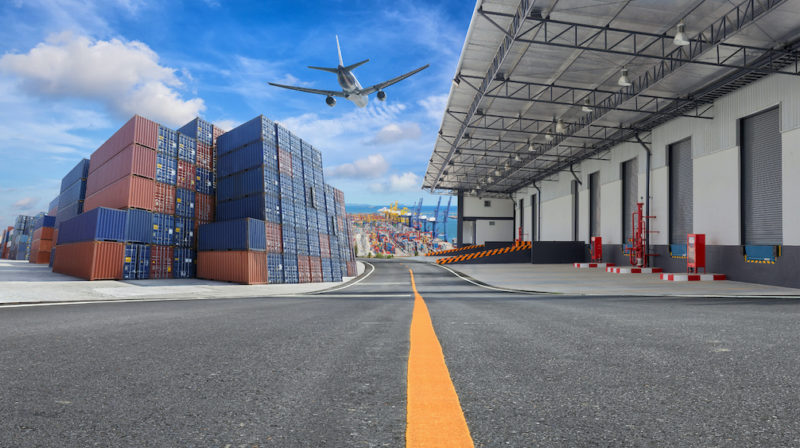-
Infrastructure and logistics are again among the preferred investment activities qualified for fiscal incentives under the newly signed Investment Priorities Plan (IPP)
-
The 2020 IPP covers the same preferred activities listed in the 2017 IPP, but now includes activities relating to the fight against the coronavirus pandemic and those supporting programs on generating employment outside of congested urban areas
 Infrastructure and logistics are again included in the list of preferred investment activities that can qualify for fiscal incentives under the newly signed Investment Priorities Plan (IPP).
Infrastructure and logistics are again included in the list of preferred investment activities that can qualify for fiscal incentives under the newly signed Investment Priorities Plan (IPP).
The 2020 IPP, approved through Memorandum Order No. 50 (MO 50) signed on November 18 by President Rodrigo Duterte, covers the same preferred activities as those in the 2017 IPP.
Among these are all qualified manufacturing activities including agro-processing; agriculture, fishery, and forestry; strategic services; healthcare and disaster risk reduction management services; mass housing; infrastructure and logistics including public-private partnership projects implemented by local government units; innovation drivers; inclusive business models; environment or climate change-related projects; and energy.
The 2020 IPP, however, also now includes all activities relating to the fight against the coronavirus disease (COVID-19) pandemic, and activities supporting programs that will generate employment opportunities outside of congested urban areas, such as the government’s Balik Probinsiya Program.
For infrastructure and logistics, preferred activities cover the following:
- Establishment and operation of physical infrastructure vital to the country’s economic development and prosperity such as airports; seaports; air, land, and water transport
- Liquefied natural gas storage and regasification facilities
- Pipeline projects for oil and gas, bulk water treatment
- Supply facilities, training facilities, testing laboratories, and domestic industrial zones
- Public-private partnership projects including those initiated and/or implemented by local government units.
The 2020 IPP also includes the same list of priority investment areas in the Bangsamoro Autonomous Region in Muslim Mindanao (BARMM), except that now, the previous banking, non-bank financial institutions and facilities are replaced by investment operations under Republic Act No. 11439 or An Act Providing for the Regulation and Organization of Islamic Banks.
Other preferred activities in the BARMM include export activities; agriculture, agribusiness, aquaculture, and fishery; basic industries; infrastructure and services; industrial service facilities; engineering industries; logistics; enterprises using the Brunei Darussalam-Indonesia-Malaysia-Philippines East ASEAN Growth Area (BIMP-EAGA) framework on trade and investments; tourism; health and education services and facilities; Halal industry; and energy.
The IPP is the government’s rolling three-year plan to provide incentives to major business activities or sectors.
Upon effectivity of the 2020 IPP, all government agencies and entities are enjoined to issue the necessary regulations to ensure it is implemented in a synchronized and integrated manger.
No government body should adopt any policy or take any course of action contrary to, or inconsistent with, the IPP and relevant laws, MO 50 noted.
In granting incentives, MO 50 said the Board of Investments should ensure the attainment of and consistency with the state policies under Executive Order No. 226 (Omnibus Investments Code of 1987) and the national goals under Republic Act (RA) No. 11469 or the Bayanihan to Heal as One Act and RA 11494 or the Bayanihan to Recover as One Act.
RA 11494 extends the validity of the government’s COVID-19 programs and interventions under RA 11469, whose validity lapsed last June.
MO 50 will take effect 15 days after its publication in a newspaper of general circulation. – Roumina Pablo





